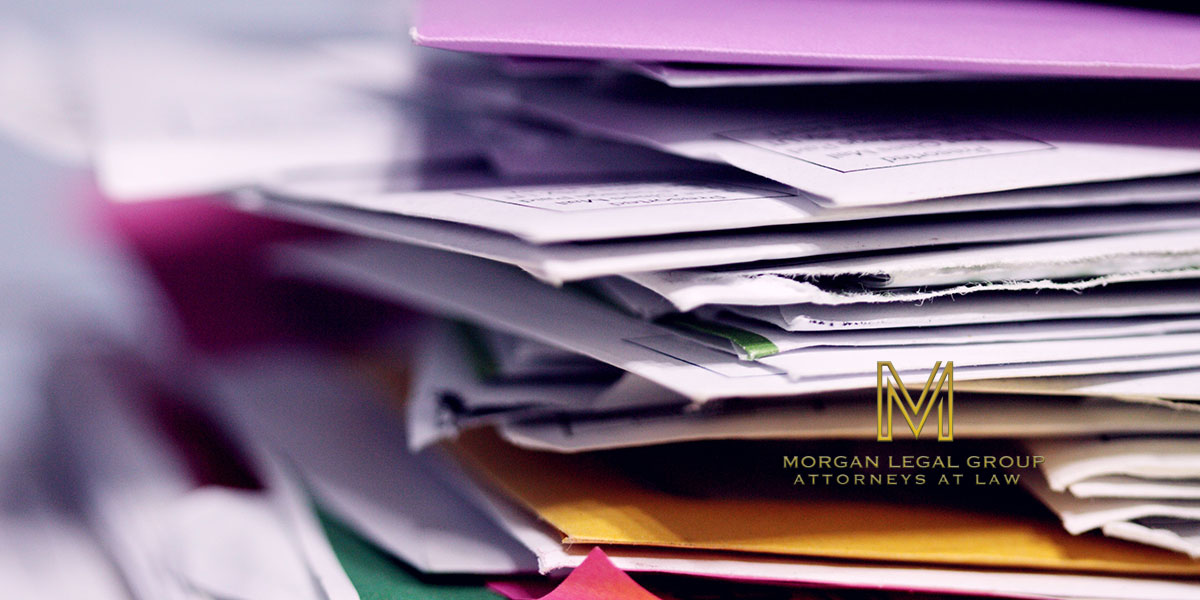How to Organize Your Estate Documents
Organizing your estate documents is a critical aspect of responsible financial and family planning. It ensures that your affairs are in order, simplifies the execution of your wishes, and provides peace of mind. In this guide, by Morgan Legal Group, we will explore the best practices for organizing your estate documents effectively.
1. Create a Detailed Inventory
The first step is to create a comprehensive inventory of all your important documents. This should include your:
- Will
- Trust documents
- Life insurance policies
- Retirement account information
- Bank account details
- Investment account information
- Real estate deeds
- Healthcare directives
- Power of attorney documents
- Tax returns
- Marriage or divorce certificates
- Birth certificates
- Any other significant financial or legal documents
Having a detailed list of these documents will help you keep track of what you have and where it’s located. This list should be kept in a safe, accessible place and shared with a trusted family member or your attorney.
2. Use a Secure Filing System
Invest in a secure and fireproof filing cabinet or a digital document storage solution. Categorize your documents in a logical manner, making it easy to locate specific items when needed. Keep physical documents well-organized and store digital files with strong, unique passwords in an encrypted digital storage system.
3. Inform Trusted Individuals
Ensure that at least one or two trusted individuals, such as a family member or your attorney, know the location of your estate documents and how to access them. Provide them with copies of keys, passwords, or access codes. This will facilitate a smoother process in case of an emergency or after your passing.
4. Regularly Update Your Documents
Estate documents are not something you can set and forget. Life circumstances change, and your estate plan should evolve accordingly. Regularly review and update your will, trust, and other documents to reflect changes in assets, beneficiaries, or your wishes.
5. Seek Legal and Financial Guidance
Estate planning can be complex, and laws vary from state to state. Consult with an experienced estate attorney, like those at Morgan Legal Group, to ensure that your estate plan is compliant and optimized to your advantage. They can provide invaluable guidance on organizing and maintaining your estate documents.
6. Communicate Your Plans
Discuss your estate plans with your beneficiaries so they have an understanding of your wishes. This can help prevent confusion and disputes in the future. Clearly convey your intentions to minimize the potential for legal battles among your loved ones.
7. Keep Copies Safe
It’s wise to make duplicate copies of your estate documents and store them separately from the originals. This added layer of protection ensures that you have backup documents in case the originals are lost or destroyed.
Organizing your estate documents is a proactive step that benefits both you and your loved ones. It simplifies the process of settling your affairs and ensures that your wishes are executed as intended. If you need assistance or have questions about estate planning, feel free to contact Morgan Legal Group. We are here to help you secure your financial future and your peace of mind.

